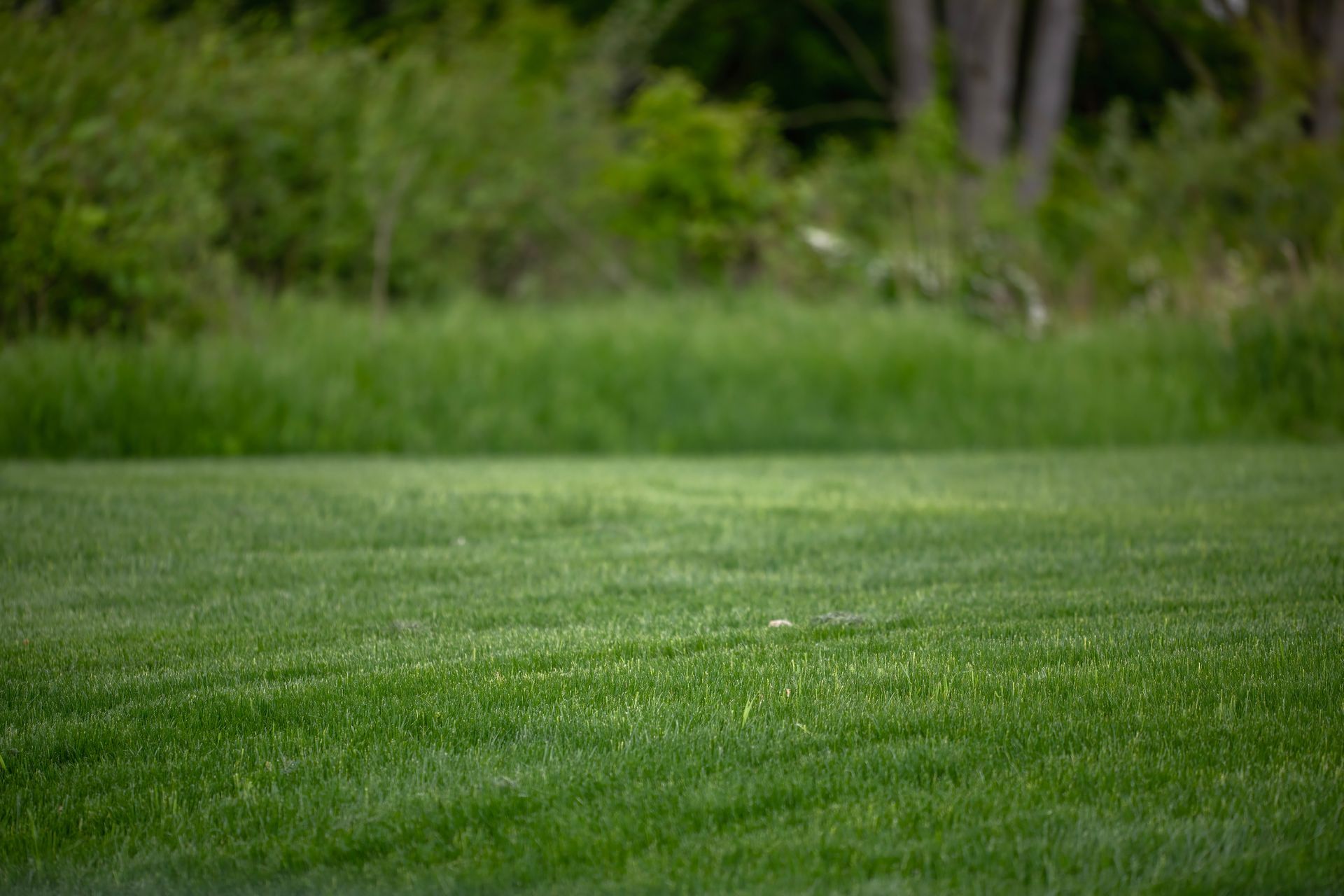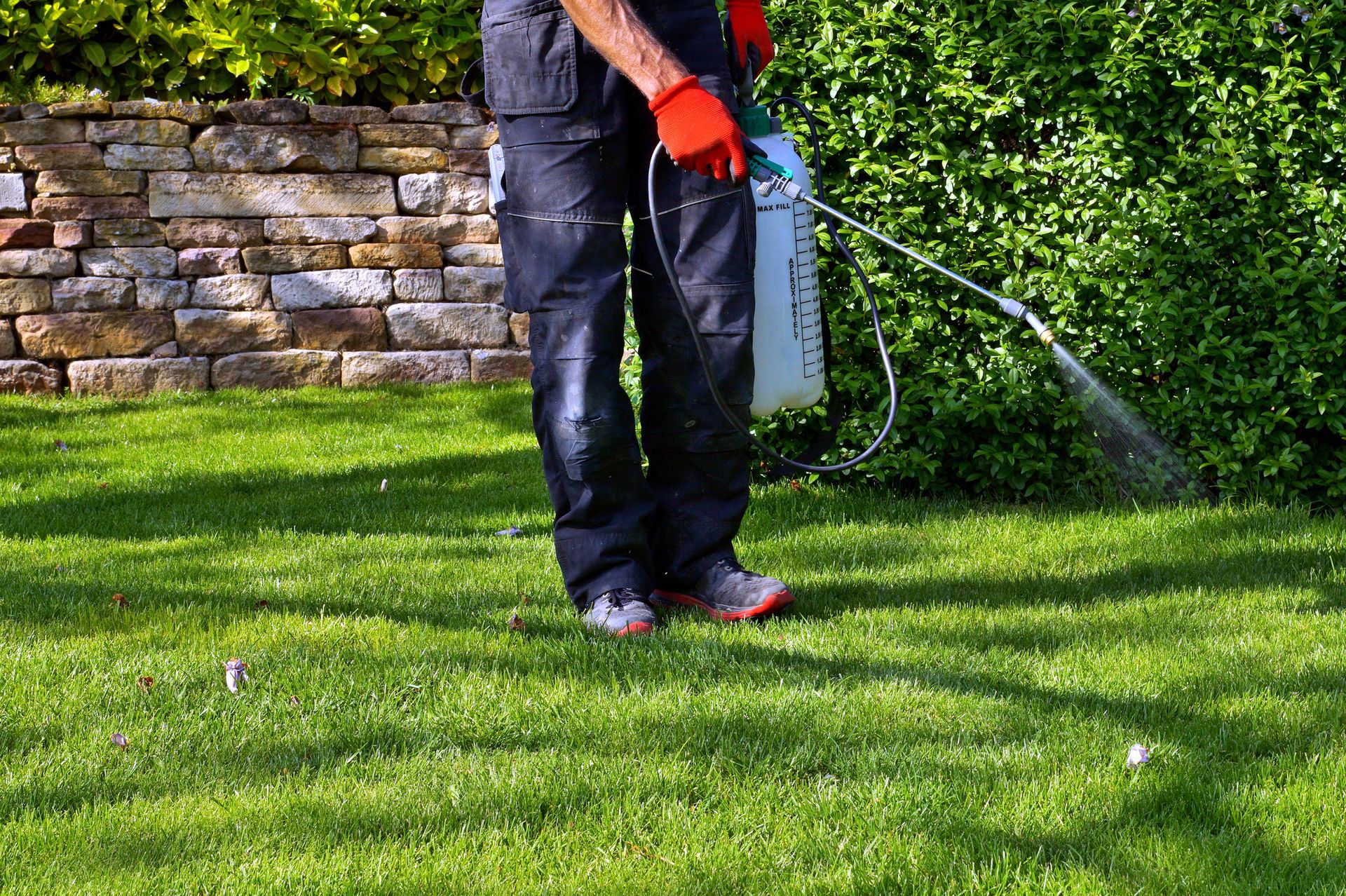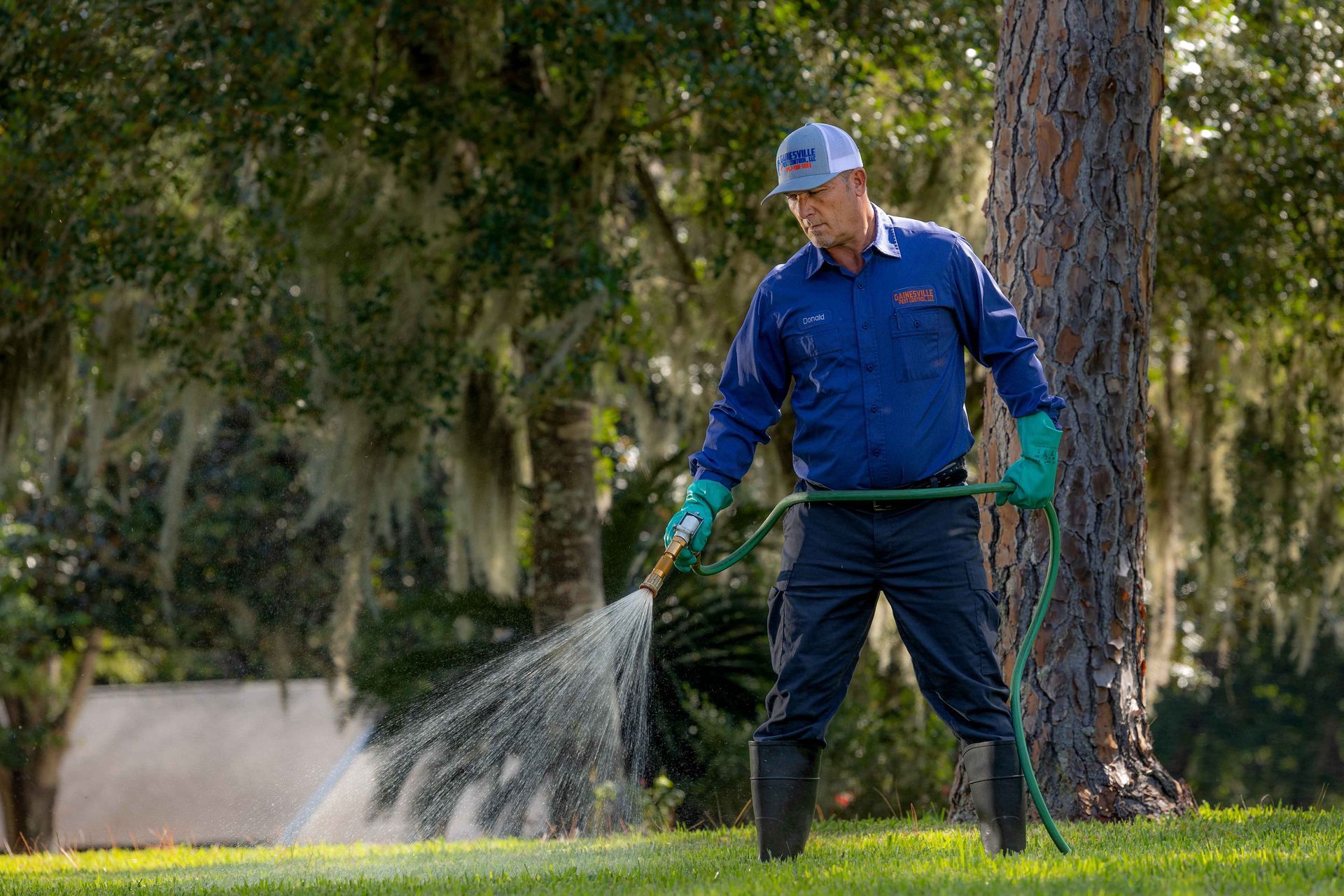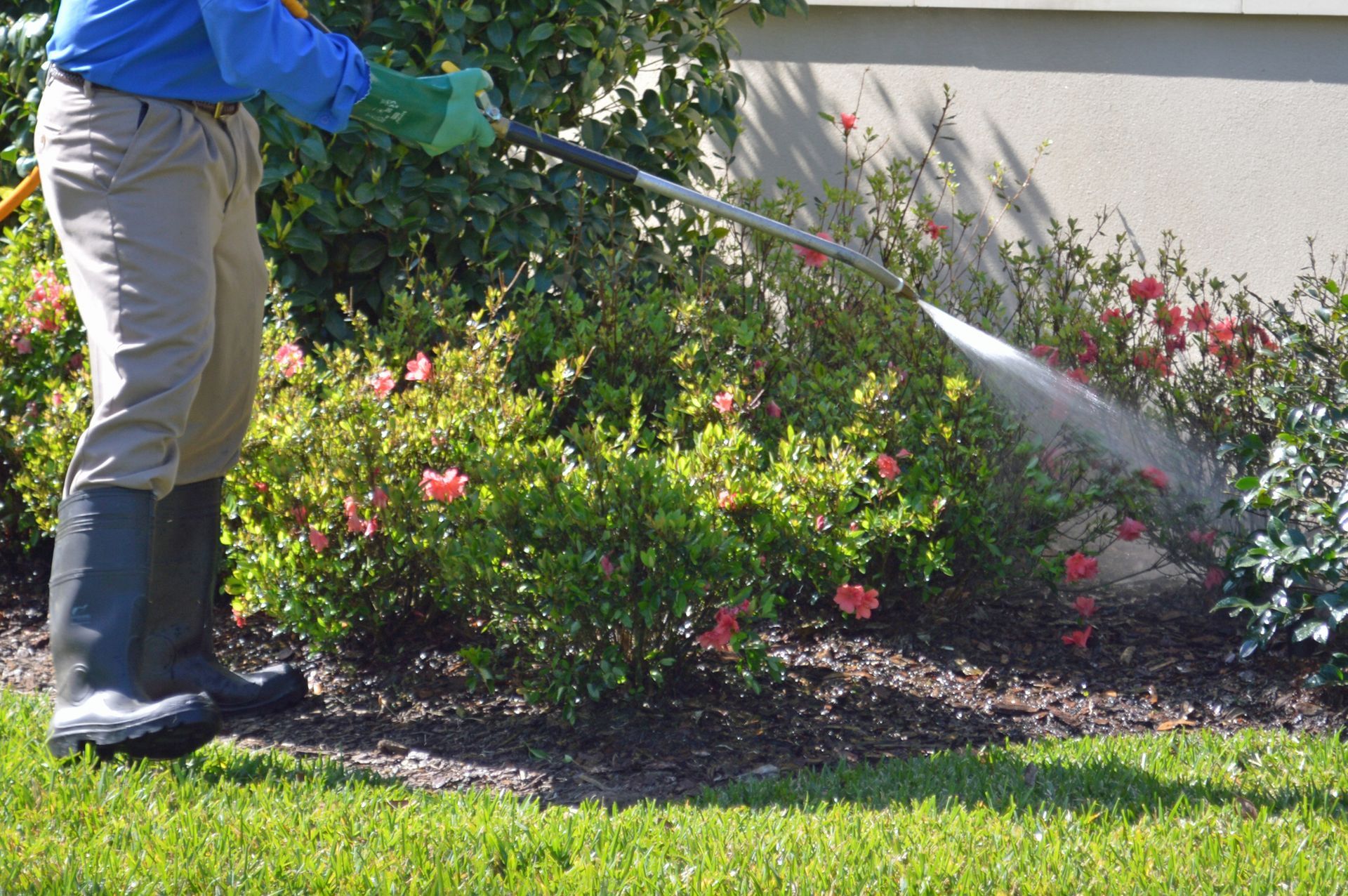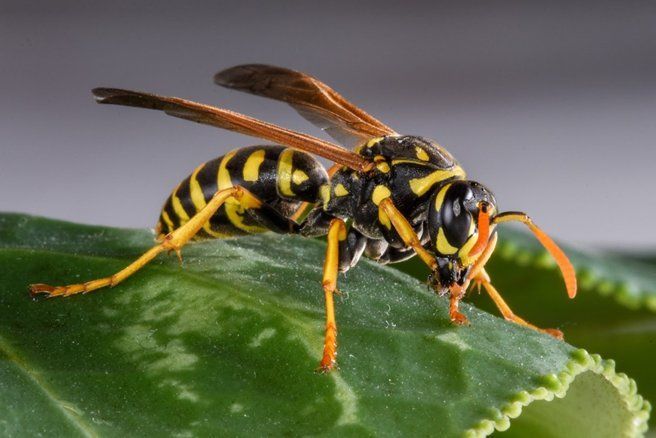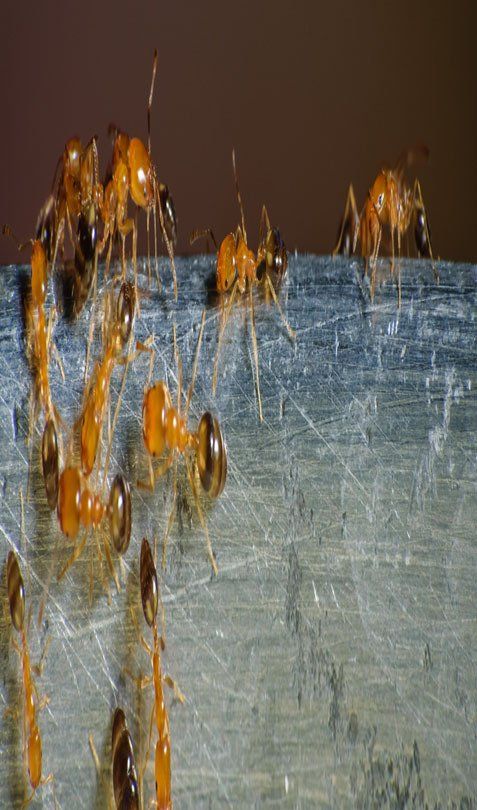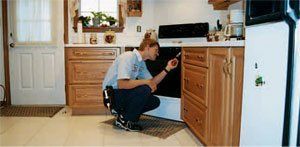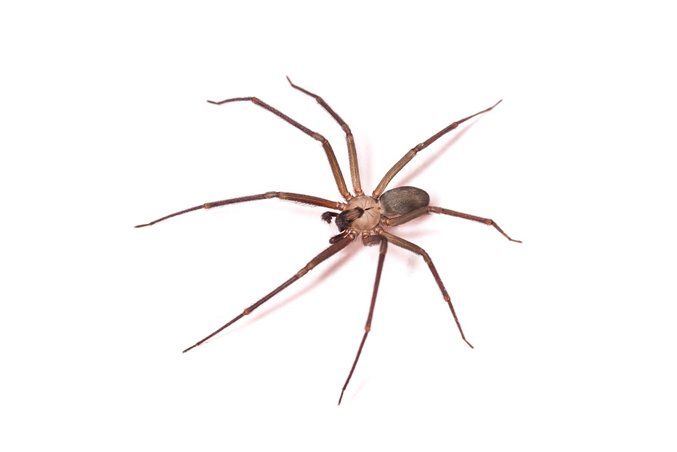What to Know About Termite Infestations
websitebuilder • April 17, 2020
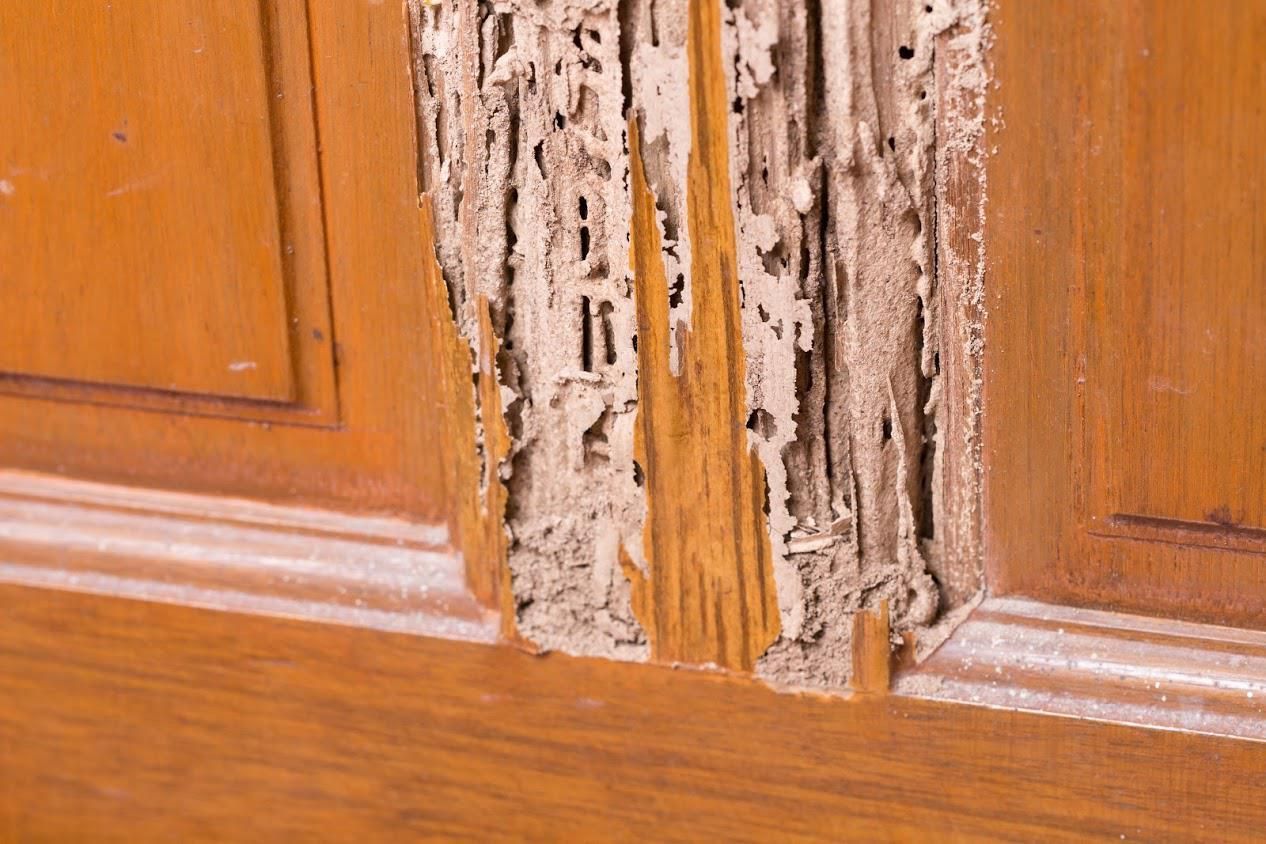
Many pests want to get inside your home for food, water, and shelter. While some may only cause mild problems, termites can actually destroy parts of your home and make you sick. If you would like to know more about termites so you can better protect your home and family, check out these four commonly asked questions regarding termites.
1. What Are the Signs of Termites?
Termites are small, but they can cause big damage, which makes it necessary to understand the signs of a termite infestation. One glaring sign you have termites is tunnels in wood, which are caused by termites burrowing. This may leave the wood hollow-sounding, as the termites devour the inside of the wood first.
Other signs include termite droppings, which appear near the entrances to the nest as black marks. Termites with wings may also leave piles of discarded wings, as the termites shed them after finding a mate. Finally, the damage caused by termites may even make your doors and windows hard to open.
2. What Do Termites Do?
The main thing termites do is destroy any wood in your home, which can reduce the value of your home or detour potential buyers. This damage can easily lead to expensive repairs and restoration. In addition to destroying your home, termites can make you sick by promoting mold growth as they expose the wood pulp.
Both this mold and the airborne contaminates released directly by termites can lead to breathing complications, but it's more common if you already suffer from asthma or allergies. The termite waste can also cause contact dermatitis if exposed to your skin.
3. Can You Prevent Termites?
Luckily, you can take steps to reduce your risk of termite infestation. One of the main ways to do this is to reduce moisture, which termites need to thrive. Start by finding the source of the excess moisture and stop it. Common reasons for excess moisture include poor ventilation, leaking pipes, and high humidity.
Termites are attracted to wood, including wood from shrubs and trees. For this reason, you want to keep plants a proper distance from the house. Any firewood can also attract termites, so keep it at least 20 feet
from the home. Finally, make sure to have an 18-inch gap or more between the dirt and wood portions of the home.
4. How Are Termites Eliminated?
Pest control experts will first have to identify the type of termite you have. Two of the most common include: subterranean and dampwood termites. Subterranean termites usually attack homes, entering via the ground. On the other hand, dampwood termites tend to be found outside, making them less of a threat. They prefer to eat moist wood.
Experts will then get rid of your termites in one of several ways, including bait systems, liquid or foam sprays, and fumigation. A bait system may be better if the termites are getting close to your home, but haven't entered yet. Sprays are great for prevention, but for serious infestations, you'll need the house fully fumigated to kill all the termites.
If your house requires fumigation, it will be tented and you won't be allowed to enter until fumigation has ended.
Termites can turn strong wood inside your home into a thin veneer, and they can even cause breathing and skin complications. Preventing termites is as easy as preventing too much moisture and plant life near the home, but if you have an infestation, only a skilled pest control technician can help.
If you would like a quote, or if you need to talk about fumigating your home, contact us
at Gainsville Pest Control LLC today.

